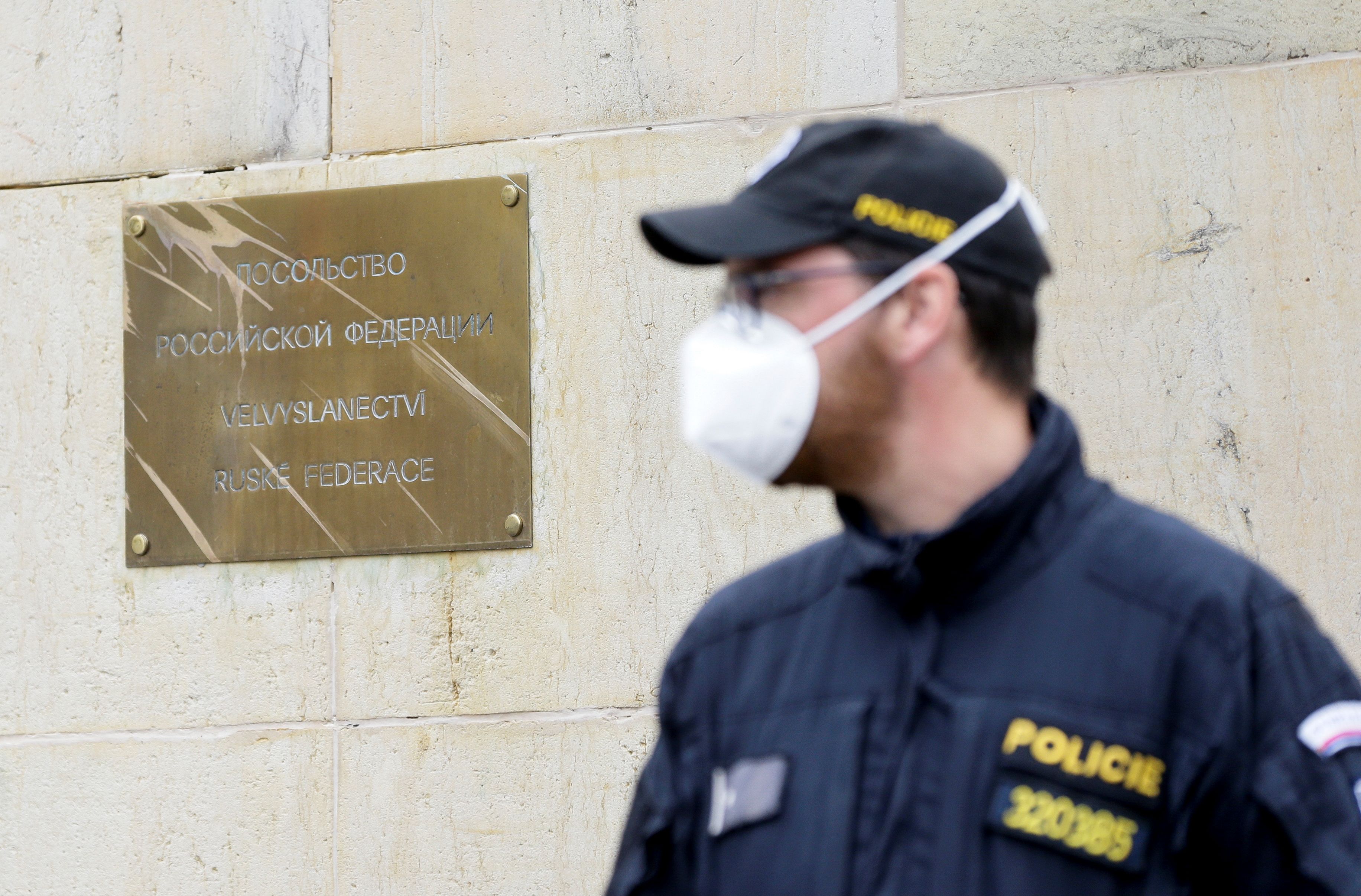Crisis in Czech-Russian Relations Seven Years after the Explosions in Vrbětice

What led to the expulsion of the Russian diplomats?
The report by the Information Security Service (BIS) prompted Prime Minister Andrej Babiš to expel the Russian diplomats. According to the Czech intelligence services, Russia is responsible for the two explosions at a munitions depot (the munitions were owned by the Bulgarian company EMCO, owned by Emilian Gebrev) in Vrbětice in 2014, in which two Czech citizens were killed. According to the Czech services, the munitions were to be transported to Bulgaria, and then to Ukraine and other places, although EMCO denies this. Czech police revealed that two Russian GRU military intelligence agents of the were involved in the explosions, then later, in 2018, were the perpetrators of the attack on former Russian intelligence agent Sergei Skripal and his daughter in Salisbury, UK.
How has Russia reacted?
Russia has denied any connection with the explosions in Vrbětice and considers the Czech actions provocative. In response to the expulsion of diplomats from the Czech Republic, Russia’s response went beyond the principle of proportionality. It deemed 16 Czech diplomats and four embassy employees personae non gratae, giving them 24 hours to leave the country (Czechia gave the Russians 48 hours). At the Czech embassy in Moscow, only five diplomats remain, which effectively paralyses its work. Meanwhile, the Russian embassy in Prague remains the biggest diplomatic mission in Czechia. That is why the Committee on Foreign Affairs of the Czech Senate, despite the fact that the government parties are in the minority, proposes to reduce the Russian diplomatic staff to just the ambassador.
What are the consequences of the investigation’s results for Czechia’s domestic policy?
The actions of the government of the ANO Babiš coalition and Jan Hamáček’s Czech Social Democratic Party (ČSSD) towards Russia reverberated through domestic politics. The actions should be seen, among others, through the lens of the political campaign for elections to the lower house of parliament in October. Russia's responsibility for the attacks in Vrbětice undermines pro-Russia parties, the Communist Party of Bohemia and Moravia and the far-right Freedom and Direct Democracy. Other opposition parties had criticised the government for being too lenient in response to the Russian actions. The crisis in relations with Russia means that the approach towards this country must be verified by the ČSSD, which is open to expanding the cooperation. Despite President Miloš Zeman’s declaration of support for the Babiš government’s actions, he did not comment further on the matter. As a pro-Russia politician, Zeman will try to influence the government to de-escalate tensions and improve the prospects for cooperation with Russia.
What does the crisis mean for relations between the Czech Republic and Russia?
The result of the report by the Czech intelligence services and subsequent actions has led to a new diplomatic crisis in Czech-Russian relations, which means the weakening of many points of cooperation. First, the Babiš government excluded Russian state firm Rosatom from the tender for the expansion of the Dukovany nuclear power plant. Second, the prime minister made the possible use of the Russian Sputnik V vaccine, which in Slovakia led to a political crisis and change in the government, dependent on its approval by the European Medicines Agency. Hamáček, who until the expulsion of the Russian diplomats served as minister of foreign affairs, cancelled his visit to Moscow, which had been planned for 19 April to obtain the Russian vaccine. Third, Babiš has not ruled out seeking compensation from Russia for losses caused by the depot explosions. These declarations demonstrate the government’s decisive actions towards Russia and weaken the credibility of the pro-Russia Zeman.
What are the international consequences of the Czech-Russian crisis?
Czechia’s international actions are softer than the UK’s reaction to the Skripal poisoning. According to the High Representative for the Common Foreign and Security Policy Josep Borrell, the Czech Republic has not asked for EU collective actions. However, according to Hamáček, Czechia appealed to its EU partners for solidarity and also asked allies in NATO and the EU for joint actions, including the expulsion of Russian agents. Solidarity with the Czech Republic was expressed by the EU after the summit of foreign ministers on 19 April, as well as by NATO and the Visegrad Group. The deterioration in relations with Russia is damaging the efforts of the Czech Republic to organize a Biden-Putin meeting in Prague. The expulsion of Russian diplomats follows similar steps taken, among others, by the U.S. and Poland, meaning Russia’s relations with the European Union and NATO are worsening. The results of the investigation by the Czech services constitute a premise for deepening Polish-Czech and multilateral cooperation (within NATO) in the field of security.


